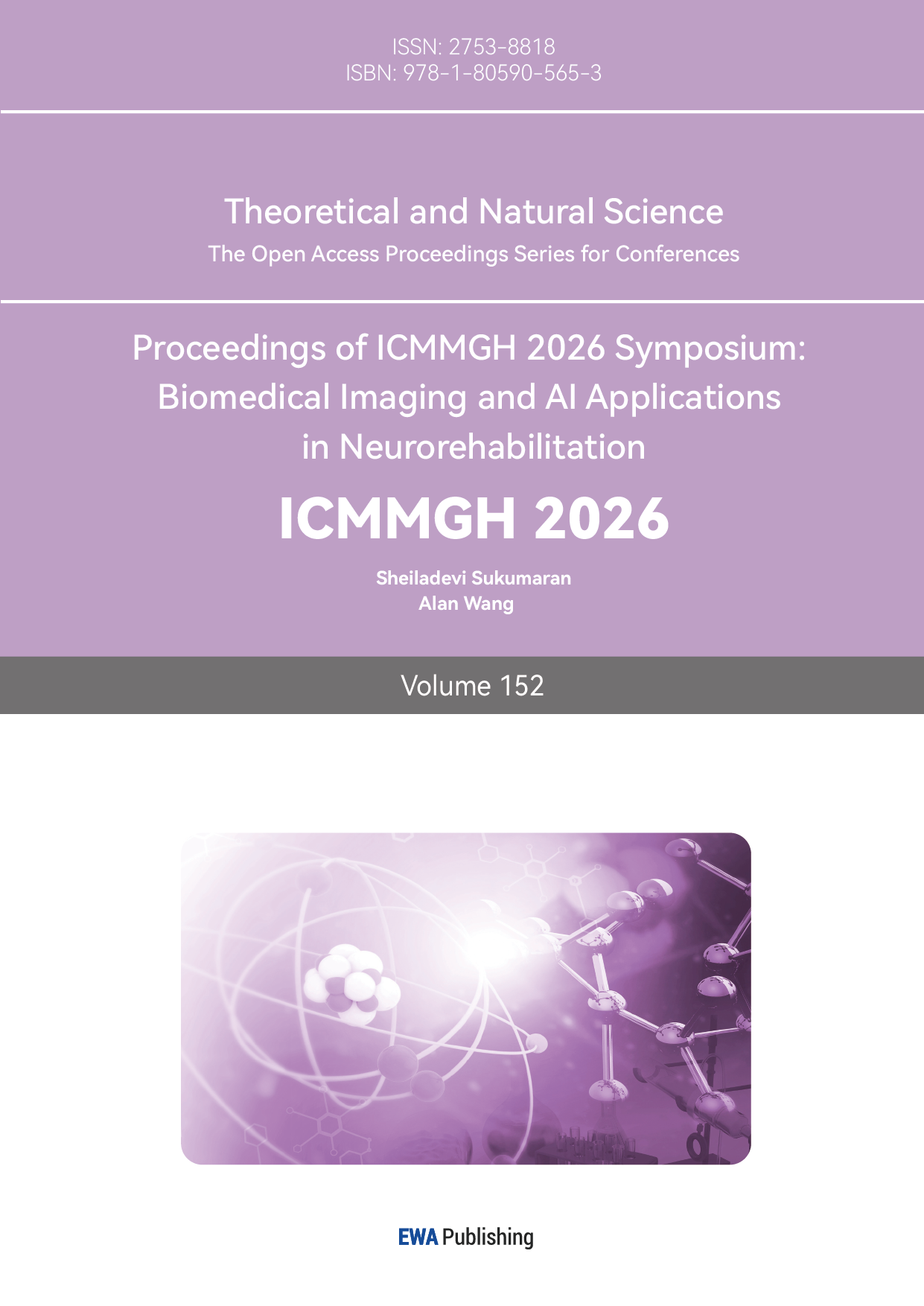References
[1]. Hales, C. M. (2020). Prevalence of Obesity and Severe Obesity Among Adults: . US Department of Health and Human Services, Centers for Disease Control and Prevention, National Center for Health Statistics.
[2]. Hruby, A., & Hu, F. B. (2015). The epidemiology of obesity: a big picture. Pharmacoeconomics, 33(7), 673-689.
[3]. Patel, S. R., & Hu, F. B. (2008). Short sleep duration and weight gain: a systematic review. Obesity, 16(3), 643-653.
[4]. Taheri, S., Lin, L., Austin, D., Young, T., & Mignot, E. (2004). Short sleep duration is associated with reduced leptin, elevated ghrelin, and increased body mass index. PLoS medicine, 1(3), e62.
[5]. Itani, O., Jike, M., Watanabe, N., & Kaneita, Y. (2017). Short sleep duration and health outcomes: a systematic review, meta-analysis, and meta-regression. Sleep medicine, 32, 246-256.
[6]. Centers for Disease Control and Prevention (CDC). (2023). National Health and Nutrition Examination Survey. https: //www.cdc.gov/nchs/nhanes/about/index.html
[7]. Knutson, K. L., Spiegel, K., Penev, P., & Van Cauter, E. (2007). The metabolic consequences of sleep deprivation. Sleep medicine reviews, 11(3), 163-178.
[8]. Cappuccio, F. P., Taggart, F. M., Kandala, N. B., Currie, A., Peile, E. D., Stranges, S., & Miller, M. A. (2008). Meta-analysis of short sleep duration and obesity in children and adults. Sleep, 31(5), 619-626.



